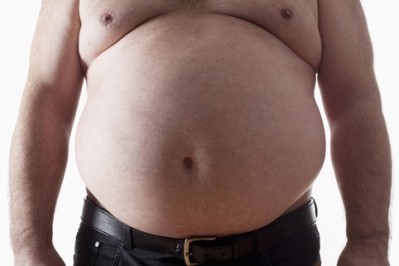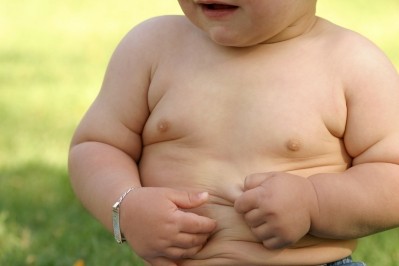Unbalanced diets are the cause of obesity

However, this does not address the fact that too many people have unbalanced diets and, although there are more calories in fat than sugar, it is not hard to have a diet that is too rich in sugar and refined carbohydrates and yet contains reasonable fat levels. So the latter may not be the main cause of obesity in those for whom cutting out calories from fat alone may not result in a more balanced diet.
The question is whether obesity is associated with unbalanced diets that may contain too much calorific food devoid of nutritional value. Is it fair to brand fatty foods such as cheese as unhealthy per se when a well-balanced diet rich in all essential nutrients will benefit from sensible portions of fatty foods that provide flavour, satiety and enjoyment without pushing the overall calorific value over the top?
The government initiatives via the Department of Health, Change4Life and the PHRD do little to help people to construct a balanced diet as depicted in the Eatwell plate, which does not rule out fatty foods or those containing sugar and would not outlaw a BLT or a fruit yogurt, for example. The main problem may lie in how to eat the volume of fruit and vegetables that make up a third of the plate.
Government should divert effort to education
Instead of spending so much effort and cost in frightening people into avoiding certain foods, the government should divert effort to education on how to meet the fruit and vegetable targets in the Eatwell plate. Sensible portions of fatty or sugary foods would help by enhancing palatability.
The PHRD may appear good on a few people’s paper but it depends on support from food producers to discourage people from eating the food they themselves produce … like turkeys voting for Christmas. Some firms may see an advantage in signing up to gain credit for a product they have developed in accordance with the government's criteria and why not?
But if the aim is a wholesale change in the nation's diet that will stick and be passed down the generations, this is not the answer. People need to be helped to make their own conscious choices to follow a healthy balanced diet for life. The surreptitious removal of calories from certain foods in an already ill-balanced diet does not educate and smacks more of social engineering than help, for which people will be grateful.















